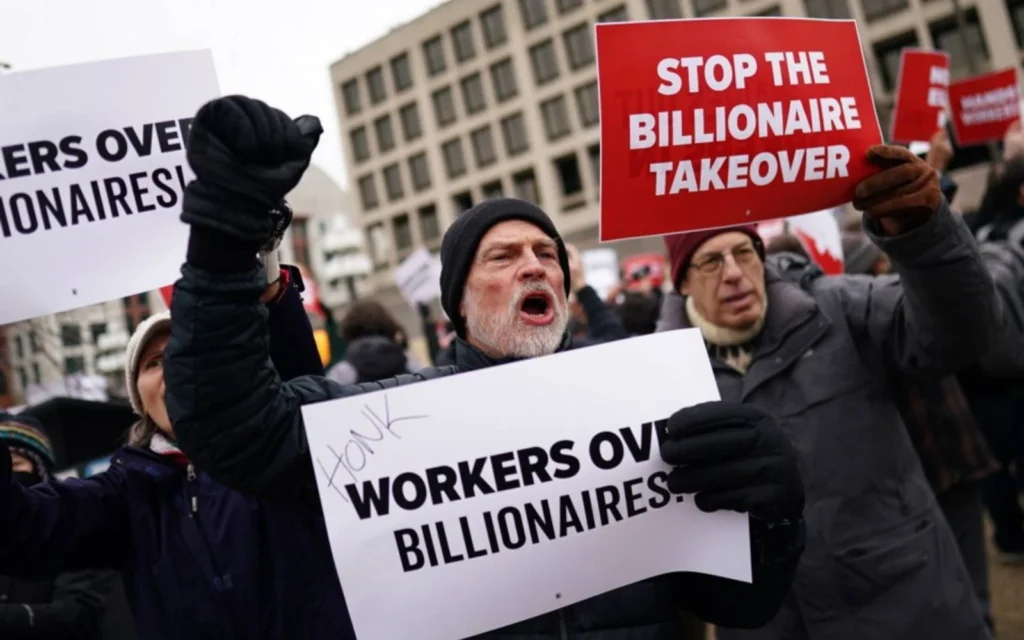By Terovesalainen
There are reports of more and more confirmed cases of the Coronavirus (COVID-19) in the United States. As this trend continues, its effects are starting to be felt more and more. One place where it may be felt very acutely is the workplace.
When workers get sick, they face the decision of whether to stay home from work or tough it out and go in anyways. But with the possibility of a Coronavirus infection, such a decision carries greater significance than it would if the worker had the common cold or seasonal flu. Unfortunately, the United States is not an ideal country when it comes to protecting workers, from either a workplace-acquired illness or the economic harm that could result from missing work due to an illness.
Why it’s Difficult to be a Sick Worker in the United States
There are two major reasons to explain why American workers will struggle with the Coronavirus more than workers in many other countries. The first is the limited access to paid sick leave. The second is the lack of regulatory clarity for protecting employees in the workplace.
It also doesn’t help that the current White House administration hasn’t taken the most employee-friendly stance. It’s true that there’s now paid parental leave for most federal employees. But this is not paid sick leave and it doesn’t apply to workers in the private sector.
To make matters worse for workers, over the last year or so, President Trump has also been trying to scale back the ability for federal workers to telecommute. The Washington Post reported earlier this year that various agencies have scaled back their work-from-home benefits. Some of these agencies include the Agriculture Department, Department of Education, Department of the Interior, the Environmental Protection Agency and the Social Security Administration.
The hope was that getting more workers in the office would help improve productivity. While this may or may not be true, it’s fairly clear that these policy changes aren’t helping the fight to stop the spread of the Coronavirus.
The Status of Paid Sick Leave in the United States
There is no federal law that requires employers to give employees paid sick days. Despite this missing mandate, many employers provide paid sick leave benefits to employees. However, these benefits can vary widely, with up to 94% of those in management, business and the financial industry having paid sick leave. But contrast this with those in the service industry, where only 58% of workers enjoy paid sick leave.
There are some states and jurisdictions that require employers to provide paid time off for sickness. According to the National Conference of State Legislatures, 12 states and Washington, D.C. currently require employers to provide employees with paid sick leave.
Having paid sick time would obviously be a much-appreciated benefit for employees in any typical situation. But the Coronavirus’ spread is anything but typical, and it’s during these times that this absent worker benefit is especially detrimental.
There’s the obvious health reason of preventing the spread of a communicable disease or illness. When a sick employee is home, they’re not in the office spreading germs to clients, customers or coworkers.
Then there is the economic reason. If a sick worker is forced to stay home, they lose out on income. If a few hundred workers get a smaller paycheck, it will probably have minimal economic effect. But what if it’s tens or hundreds of thousands of workers? With so many people earning less money, this might have a noticeable effect on our economy, which relies heavily on consumer spending.
To reduce the spread of illness, as well as make it easier for sick workers to stay home without fear of financial hardship, Democratic members of Congress have drafted a new bill. Introduced by Senator Patty Murray (WA) and Congresswoman Rosa DeLauro (CT-03), this emergency paid sick days law would increase worker access to paid time off when sick.
Specifically, all employers would have to allow workers the ability to accrue seven days of paid sick leave. But if there was a public health emergency, all employers would have to provide an additional 14 days of paid sick leave.
The paid sick leave requirement would apply when a child’s school or the individual’s workplace is closed due to a public health emergency. It would also apply if the individual or a family member was in isolation or quarantined due to a public health emergency.
This bill is expected to pass the House of Representatives, although its chances aren’t as good in the Republican-controlled Senate. However, with all the attention the Coronavirus is getting, it might create enough public pressure to get a few GOP senators and the President to support the bill. Only time will tell.
Protecting Workers in the Workplace
In an earlier article, I discussed the General Duties Clause outlined in the Occupational Safety and Health Act of 1970 and how they might apply to some workers affected by the Coronavirus. Basically, this law requires employers to keep their employees from hazards that are likely to cause death or serious physical harm.
The problem with the General Duties Clause is that its mandates are, well, pretty general. Normally, there are regulations to provide specifics so employers will know what they need to do to keep their employees safe.
While there are regulations in place concerning the spread of infectious bloodborne pathogens, there is no regulation addressing airborne infectious diseases. This is a particular problem for health care workers.
Even before the Coronavirus outbreak, there were calls to fill this regulatory void, but no such regulation has been implemented. One was drafted under President Obama, but its progress stopped when Trump took office.
The Occupational Safety and Health Administration (OSHA) has the legal authority to issue an Emergency Temporary Standard. This is essentially an emergency rule that would be in effect for a short period of time, hopefully until an actual regulation could be implemented.
There have already been calls from lawmakers in Congress for the Secretary of Labor to do this. But we’ll have to wait and see if it happens. Perhaps the Coronavirus will be the push needed to get it done.
In Summary
Workers in the United States don’t have the best workplace protections or paid leave benefits and the Coronavirus may be about to take advantage of that. But the Coronavirus could have the hidden advantage of creating new workplace laws that benefit employees in the long-run.
This article is also published on Forbes.




